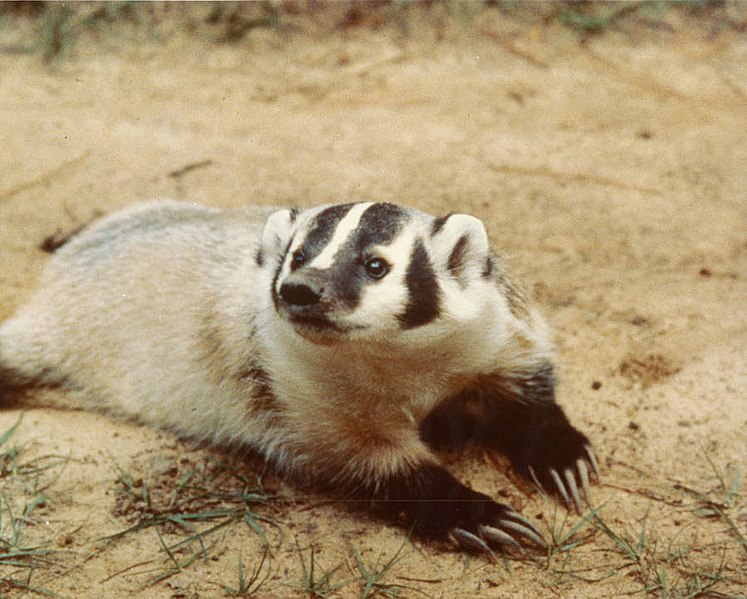Last year’s winter was unusual for those living in Spain. In early January 2021, the winter storm Filomena raced across the Mediterranean before hitting the Iberian Peninsula, resulting in the heaviest snowfall that the region has experienced in fifty years. The storms resulted in five deaths and $2.2 billion in damages from public transit delays, fallen trees, and collapsed roofs. The weather also made it difficult for animals unaccustomed to heavy snows, including the badgers of northern Spain’s mountainous ridges.
Near the northwestern Spanish town of Berció, local badgers trying to find food burrowed into the nearby caves. Sometime later, when Roberto García came across the burrow while on a hike, he found that the animal had dug up a cache of ancient Roman coins. Someone in the fifth century seems to have made a deposit in the La Cuesta cave, leaving behind a collection of coins minted in Rome, London, Lyon, Thessaloniki, Antioch, and Constantinople, among other locales. The first report on the find has recently been published, recording that archaeologists have since recovered 209 coins. This is not the first time such a treasure has been found in the area. In 1934, locals discovered a small collection of fourteen gold coins from the reign of the emperor Constantine.
Alfonso Fanjul, the director of the current excavation, says it’s likely that someone intentionally hid the coins because of the “social and political instability which came along with the fall of Rome and the arrival of groups of barbarians to northern Spain.” It is the largest trove of Roman coins ever found in Spain, with the cleaned pieces sent to the Archaeological Museum of Asturias. The archaeologists made sure to mention how the badger got the work started three months before any humans came into the picture. Gotta give credit where credit is due, I suppose.

